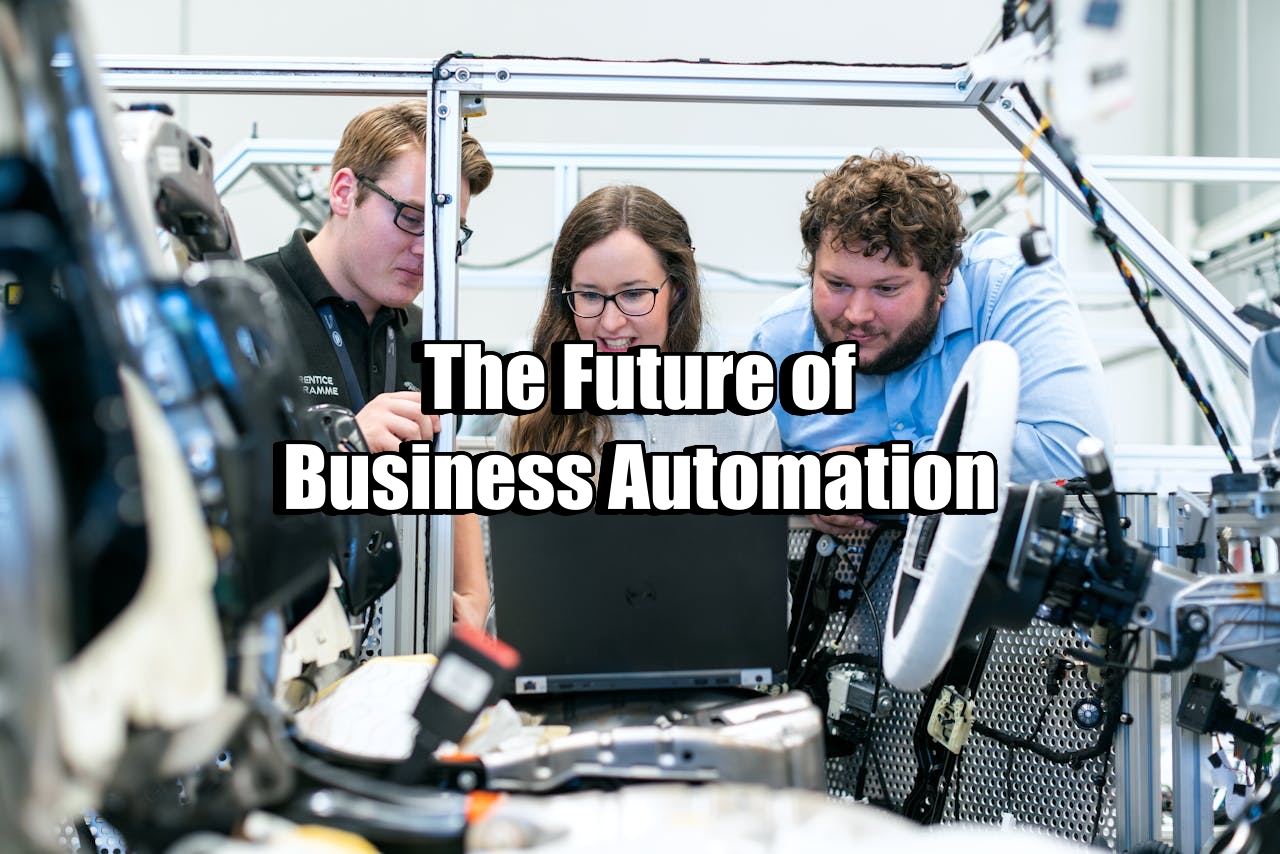The Future of Business Automation: Trends to Watch
In today’s fast-evolving digital landscape, business automation is no longer a luxury—it’s a necessity. From streamlining operations to enhancing customer experience, automation is transforming how businesses function. As we look to the future, several trends are shaping the next phase of intelligent automation.
1. Hyperautomation Goes Mainstream
Hyperautomation is more than just a buzzword. It refers to the use of advanced technologies like AI, machine learning, robotic process automation (RPA), and analytics to automate complex business processes end-to-end. Businesses are increasingly investing in this to improve efficiency, cut costs, and drive agility.
2. AI-Powered Decision Making
AI is evolving beyond task automation into strategic decision-making. Predictive analytics, AI-driven insights, and intelligent dashboards are empowering businesses to make faster, data-informed choices. Expect more organizations to rely on AI for everything from financial forecasting to customer segmentation.
3. No-Code/Low-Code Platforms
The rise of no-code and low-code platforms is democratizing automation. These tools enable non-technical employees to build and deploy automated workflows without writing a single line of code. As digital transformation accelerates, empowering teams with these tools will be critical.
4. Human + Machine Collaboration
The future of automation isn’t about replacing humans—it’s about augmenting them. Automation will handle repetitive tasks while humans focus on creativity, strategy, and relationship-building. The synergy of human intelligence with machine efficiency will be a key driver of innovation.
5. Cloud-Based Automation Solutions
Cloud computing is the backbone of scalable automation. Cloud-based platforms offer flexibility, real-time updates, and seamless integration with other tools. As businesses go remote and global, cloud automation will become even more vital for agility and resilience.
6. Personalization at Scale
Automation isn’t just operational—it’s increasingly customer-facing. From personalized marketing to intelligent chatbots, businesses are using automation to deliver tailored experiences at scale. Consumers now expect fast, personalized interactions—and automation is the key to meeting that demand.
7. Sustainability-Focused Automation
Sustainability is becoming a priority, and automation can help. By optimizing logistics, reducing waste, and enhancing energy efficiency, automated systems are supporting greener business practices. The integration of sustainability metrics into automated reporting will also rise.
Final Thoughts
The future of business automation lies in intelligent, human-centric systems that amplify our capabilities rather than replace them. Staying ahead means not just adopting tools, but also reshaping workflows, culture, and customer engagement through automation.
As trends continue to evolve, one thing remains clear: businesses that leverage automation smartly will lead in efficiency, innovation, and impact.

No responses yet